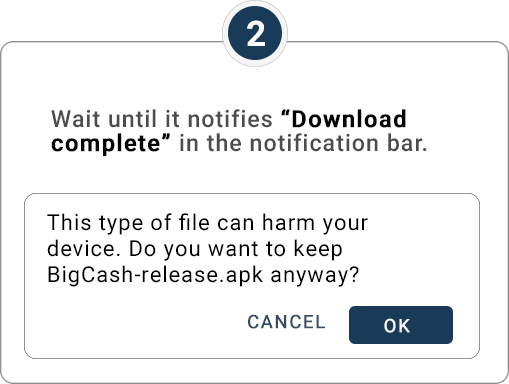Rummy, a well-loved card game embraced by numerous enthusiasts, presents an array of captivating adaptations, catering to diverse player groups. For those new to this exhilarating game, it becomes crucial to acquaint oneself with these assorted editions. This is a good cash game while playing online.
In 13-card rummy, each player is dealt 13 cards, which is primarily played in India. According to the regulations, at least one pure sequence and one impure sequence must be grouped to make a declaration.
The various variations of 13-card rummy include:
-
Deals Rummy
-
Pool Rummy
-
Points Rummy
The Popularity of 13 Cards Rummy
The reason why something becomes really popular is because it's easy, enjoyable, and you can find it easily. This 13-card game has all of that and more. It's a simple version of a game called rummy, and you can play it on the Internet. To win, you must focus on putting together certain groups of cards.
Here's Why It's Great to Play:
Easy to Play:
You can play this game whenever and wherever you want. Once you make an account, you can play it on any device. There are different types of games for different skill levels. If you're just starting, you can practice to get better. If you're really good, you can play against other really good players and win money.
Lots of Fun:
Even though this 13-card rummy game needs some smart thinking, it's still a lot of fun. You play against real people, and every game is different. There's excitement, suspense, and you have to make quick decisions. That's why this card game is super popular and is growing really fast.
Always Available:
Many games are on the internet nowadays, but it can be challenging to find opponents to play against. With this 13-card rummy game, that's not a problem. There are more than 10 million people playing, so you can start a game anytime you want. There are lots of players to choose from, whether you want to play for fun or for money. You can enjoy a game of online rummy any time of the day.
In 13 card rummy, a wild card is a designated card that can be used to represent any card needed to form sets or sequences. Wild Card adds an element of unpredictability and strategy to the game. In many variations of 13 card rummy, there are no wild cards. However, in some variations, one or more cards may be designated as wild cards at the beginning of the game. The presence of wild cards can change the dynamics of the game significantly, allowing players to complete their sets and sequences more easily. Wild Card also introduces an element of uncertainty as players must consider the possibilities of their opponents using wild cards to their advantage.
The Objective of 13 Cards Rummy
In this game, the goal is to arrange cards in specific ways and make a proper announcement. According to the rules of the 13-card rummy game, you must create at least two sequences, and one of them must be made without using any extra cards. The other groups you make can be either sequences or sets of cards.
When you're ready to announce your cards, you have to get rid of your 14th card in the designated "Finish Slot." The person who successfully arranges the cards correctly and announces them first is the winner of the game.
How to Play 13 Card Rummy
Playing 13-card rummy is easy. Let me show you how step by step:
Sort your cards:
First, click the "Sort" button to arrange your cards neatly. This helps you spot groups of cards that work well together. Make a valid set and a valid sequence to win the round.
Draw and discard:
You need to get rid of some cards and collect others to make sets and sequences. You can take a card from the deck that's closed or the one that's open on the table. Then, choose a card to discard from your hand. You can do this by dragging the card to the pile or clicking the "Discard" button.
Declare your hand:
Once you've made the right groups of cards, you can end the game by placing one card on the "Finish Slot." This is like saying, "I'm done!" Show your cards to everyone.
After you declare your cards, the game checks if you did everything correctly. To declare properly, you need at least two sequences, and all your cards should be in sequences or sets. Here are some examples of good sequences/sets.







.webp)
.webp)
.webp)
.webp)
.webp)

.webp)



